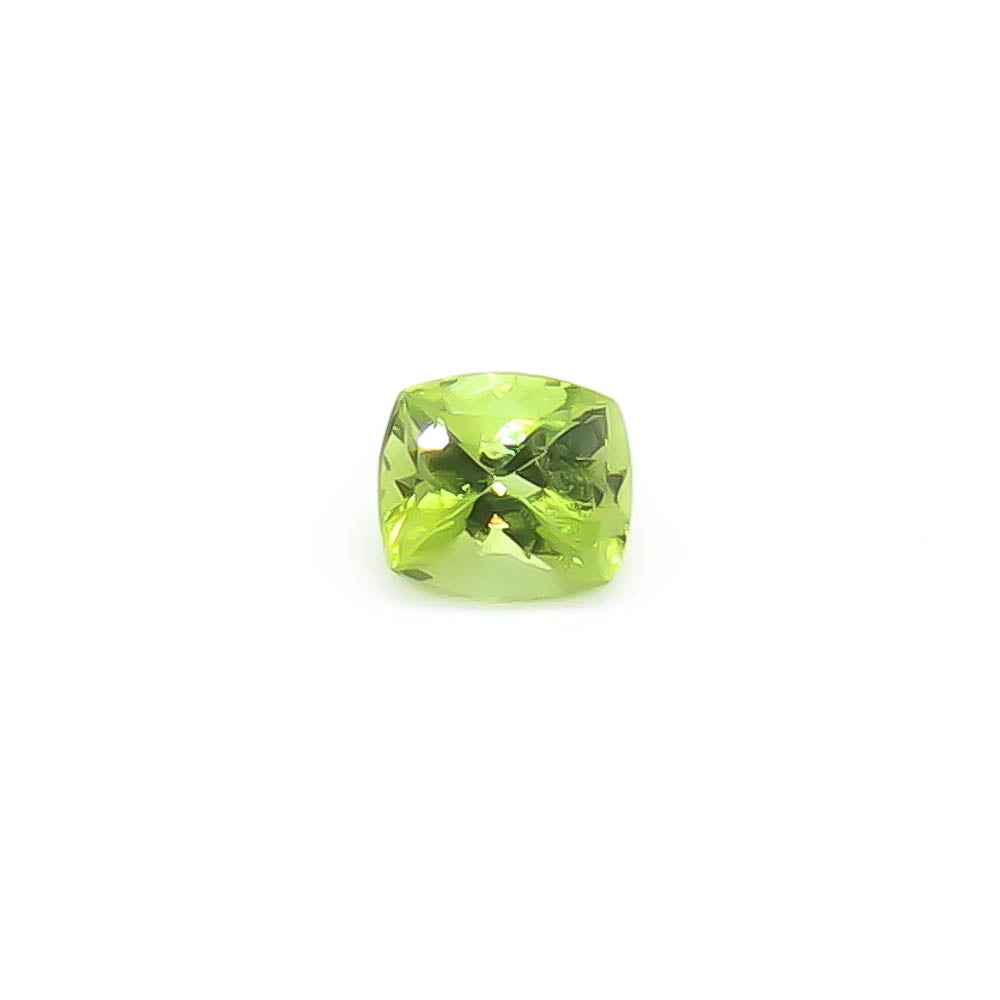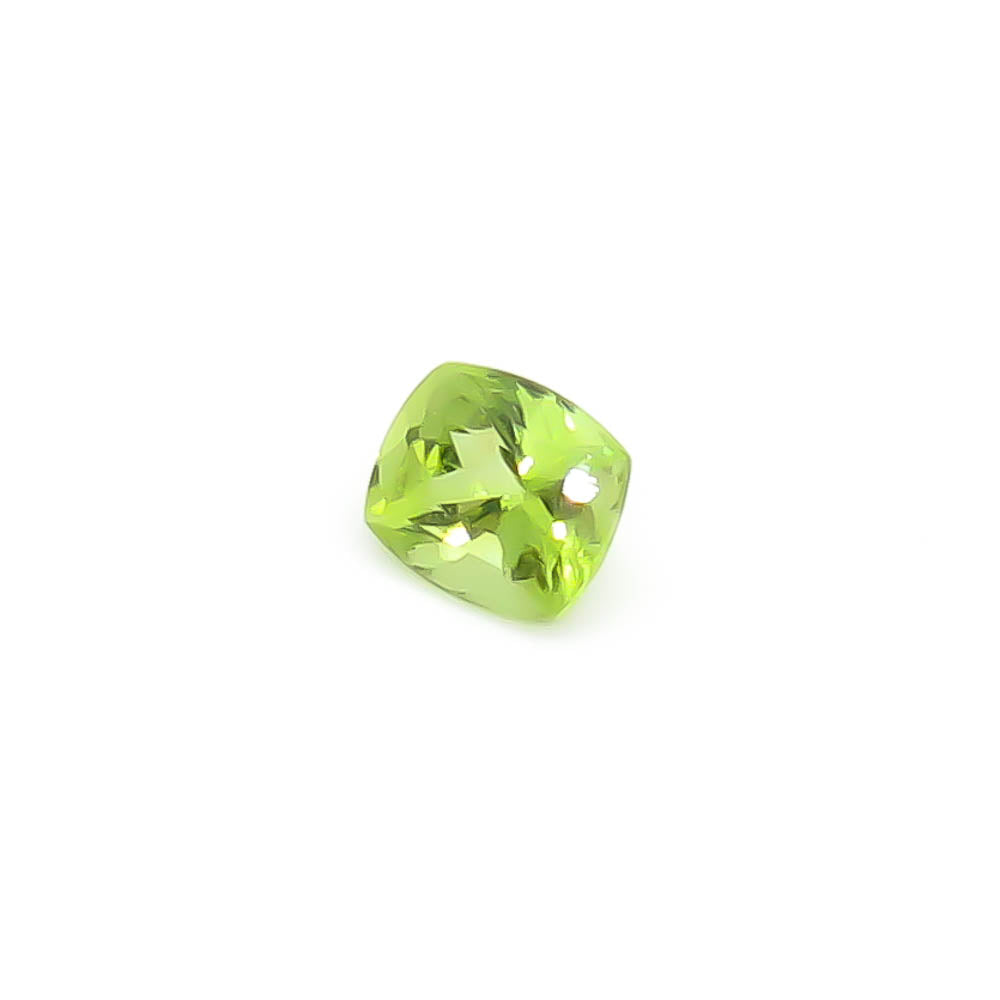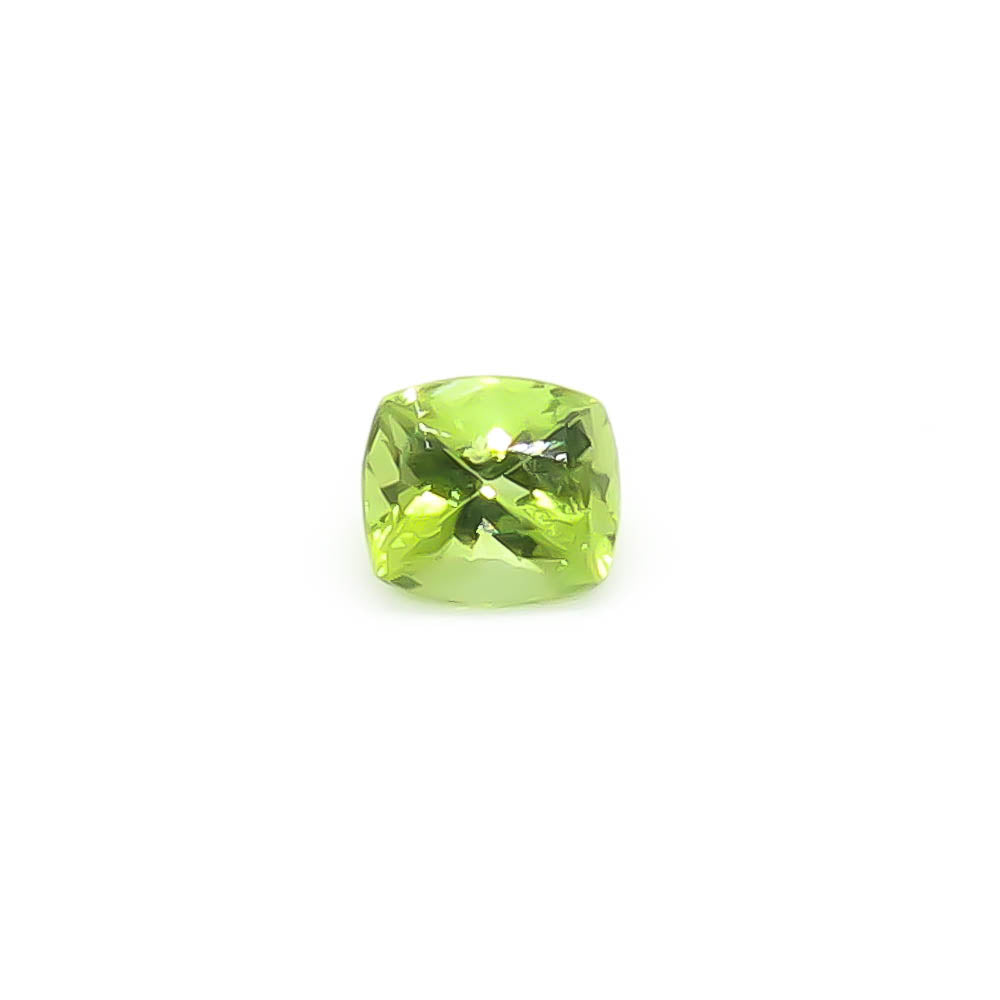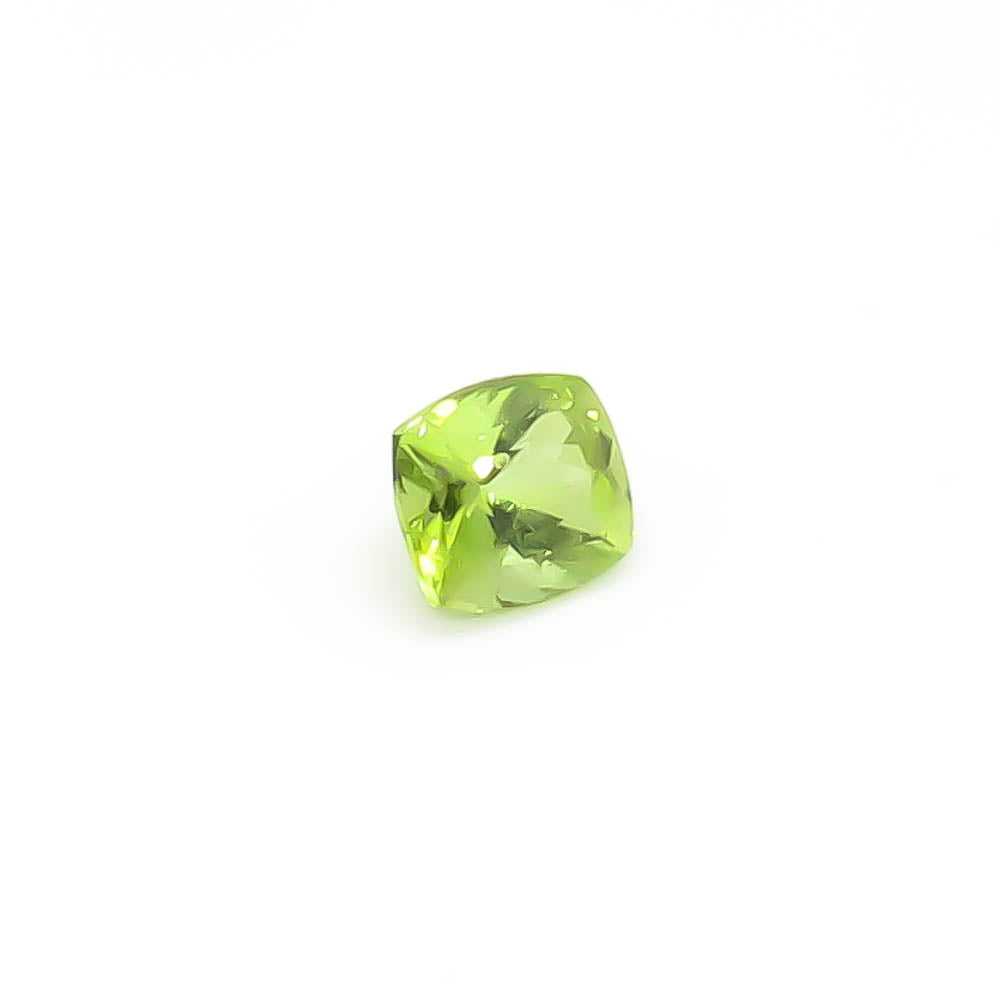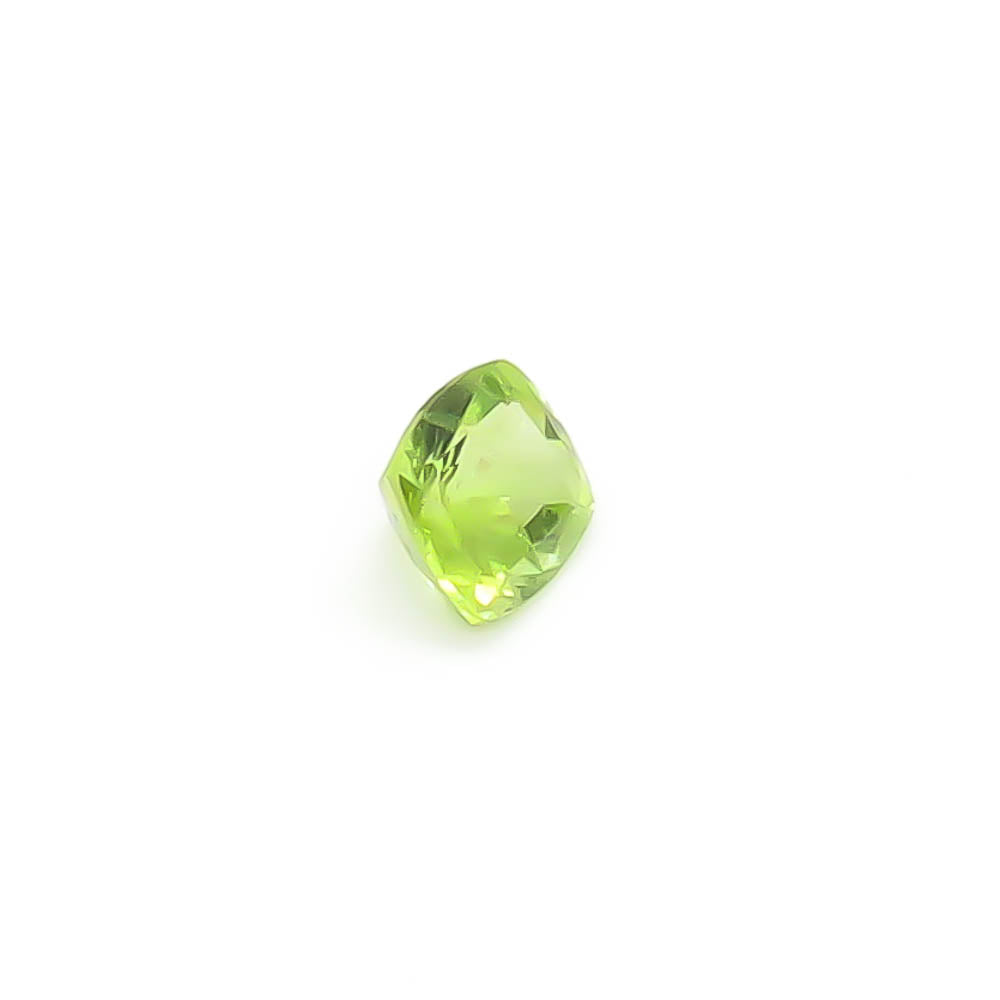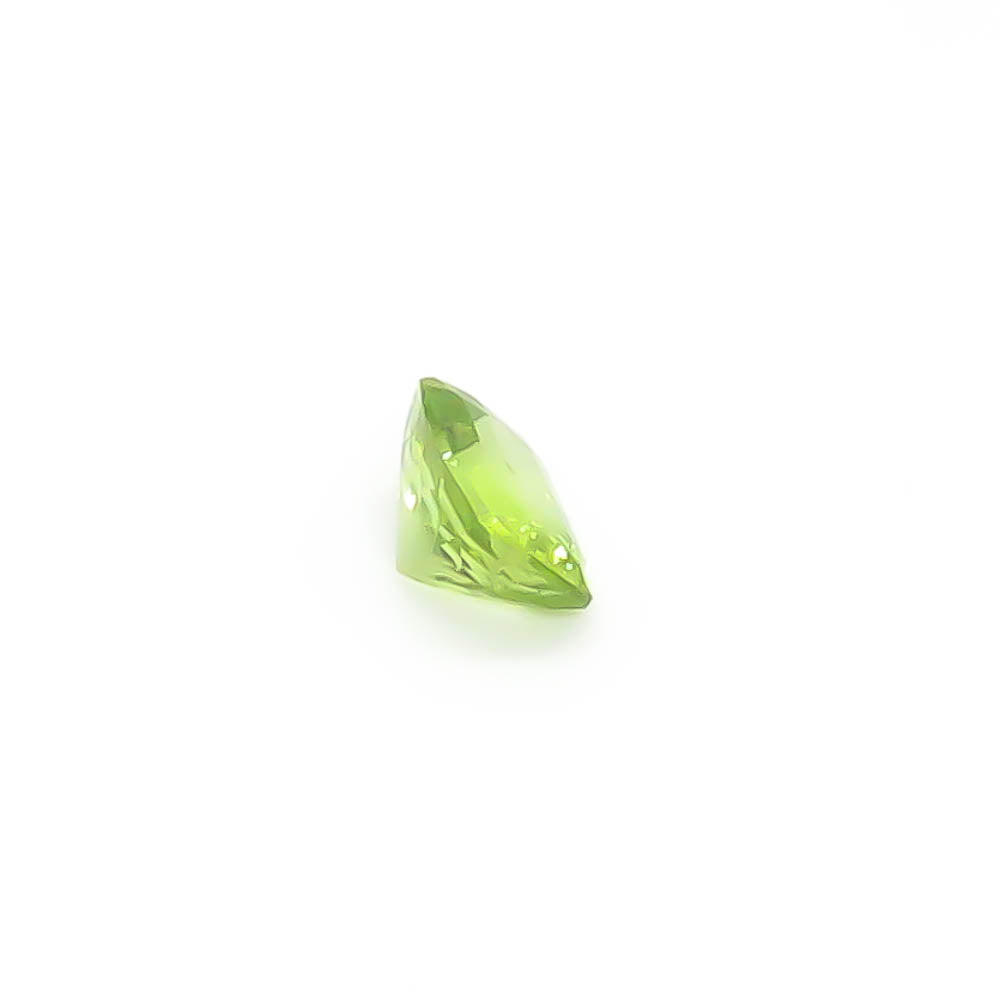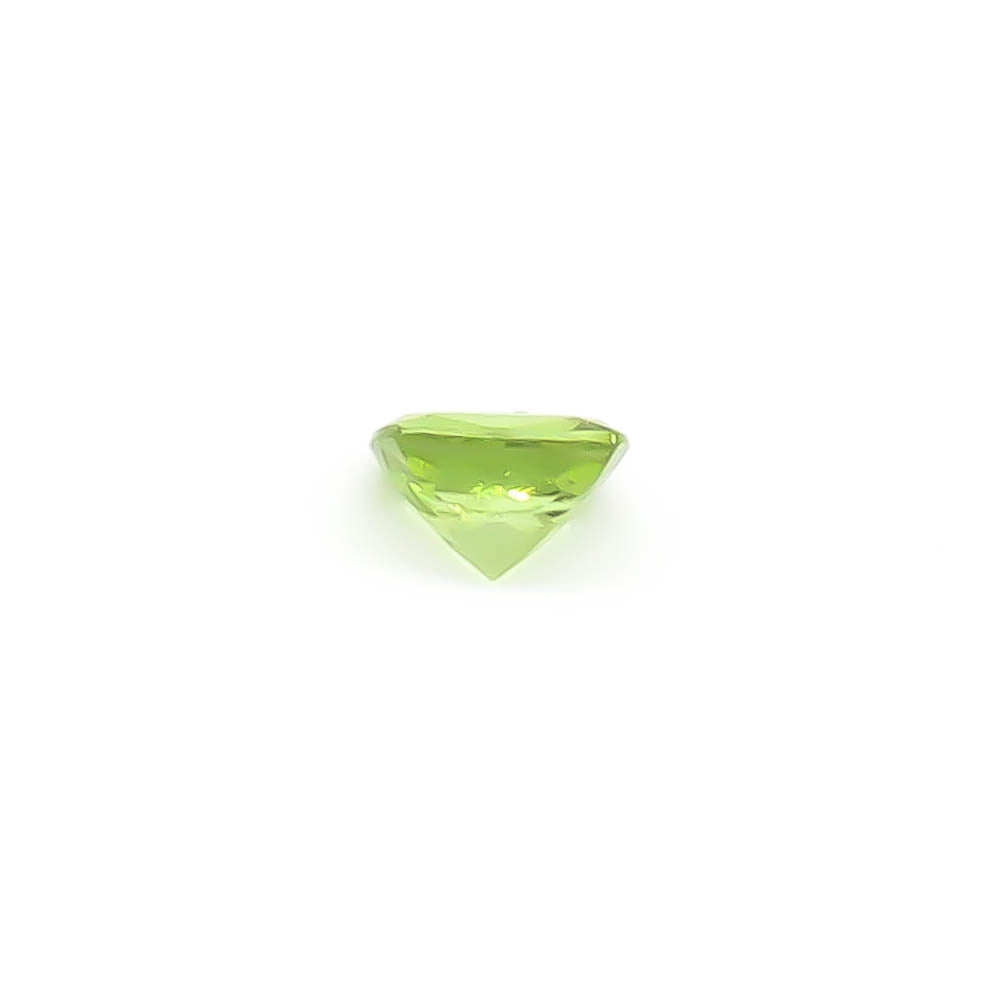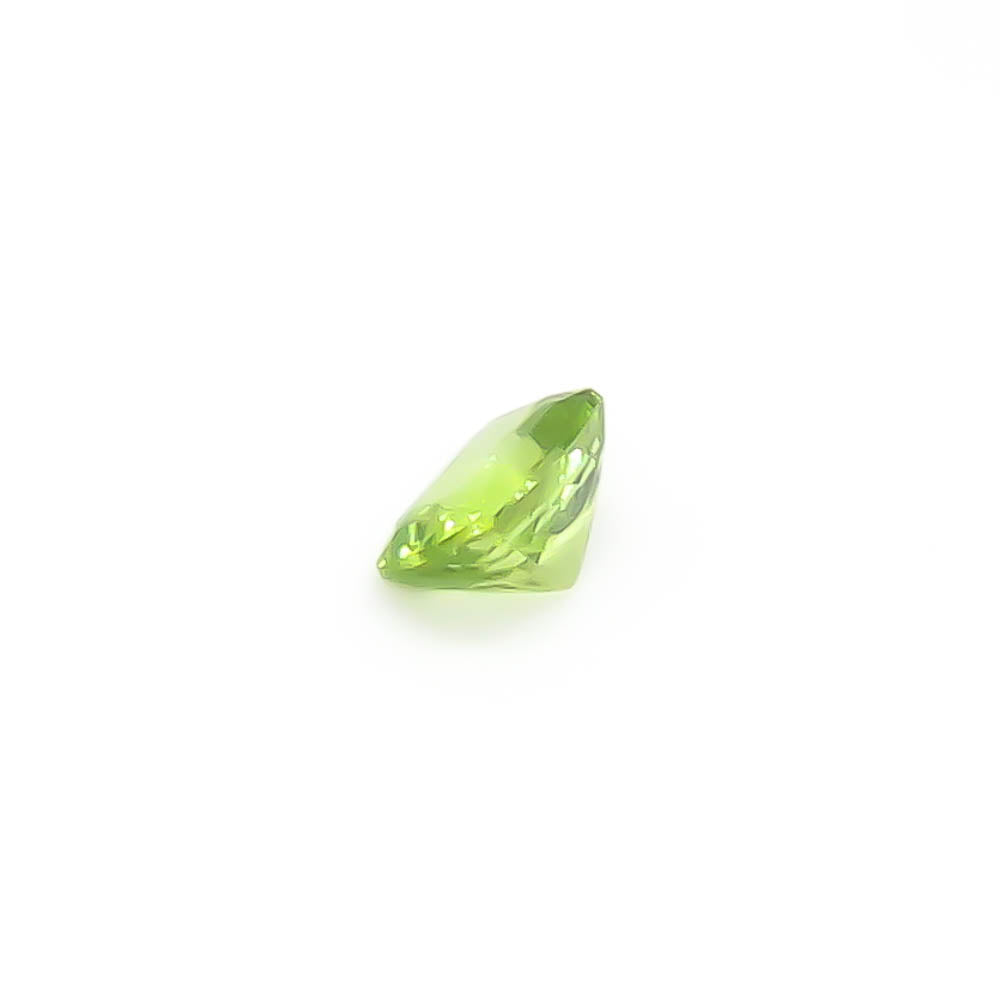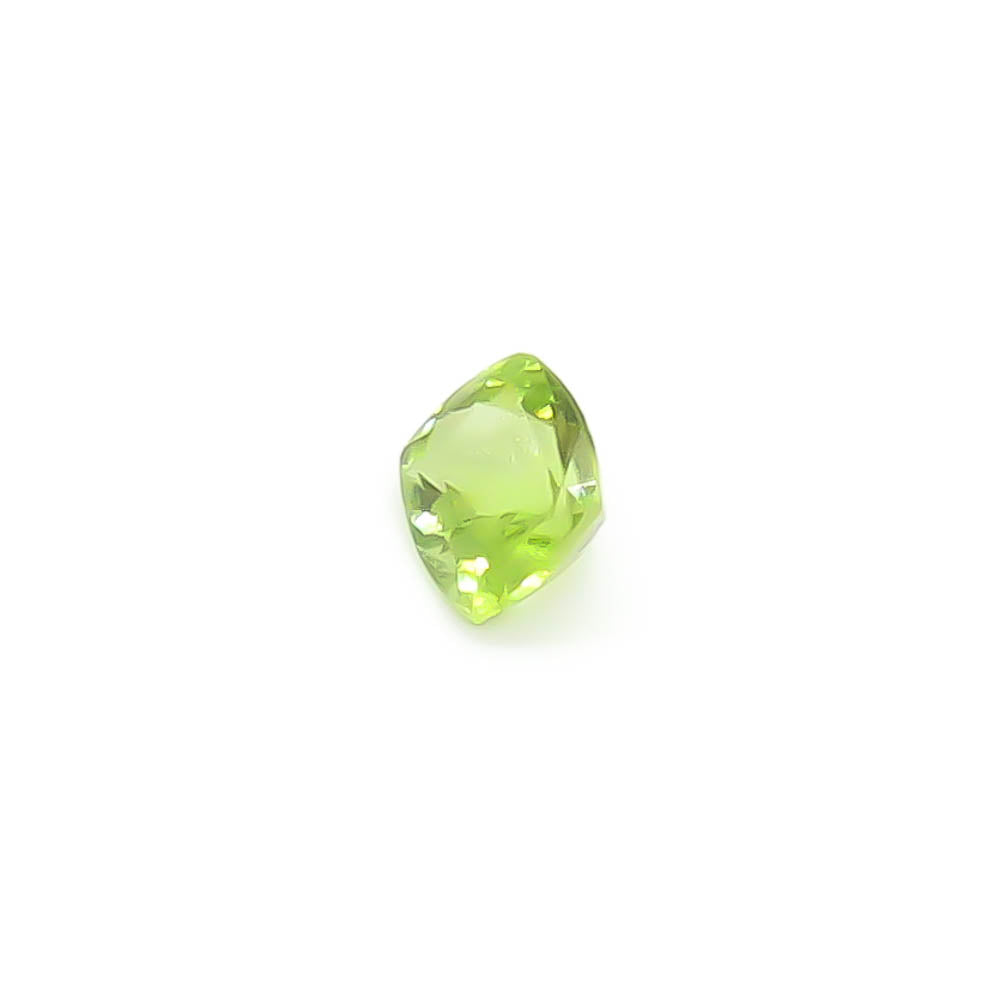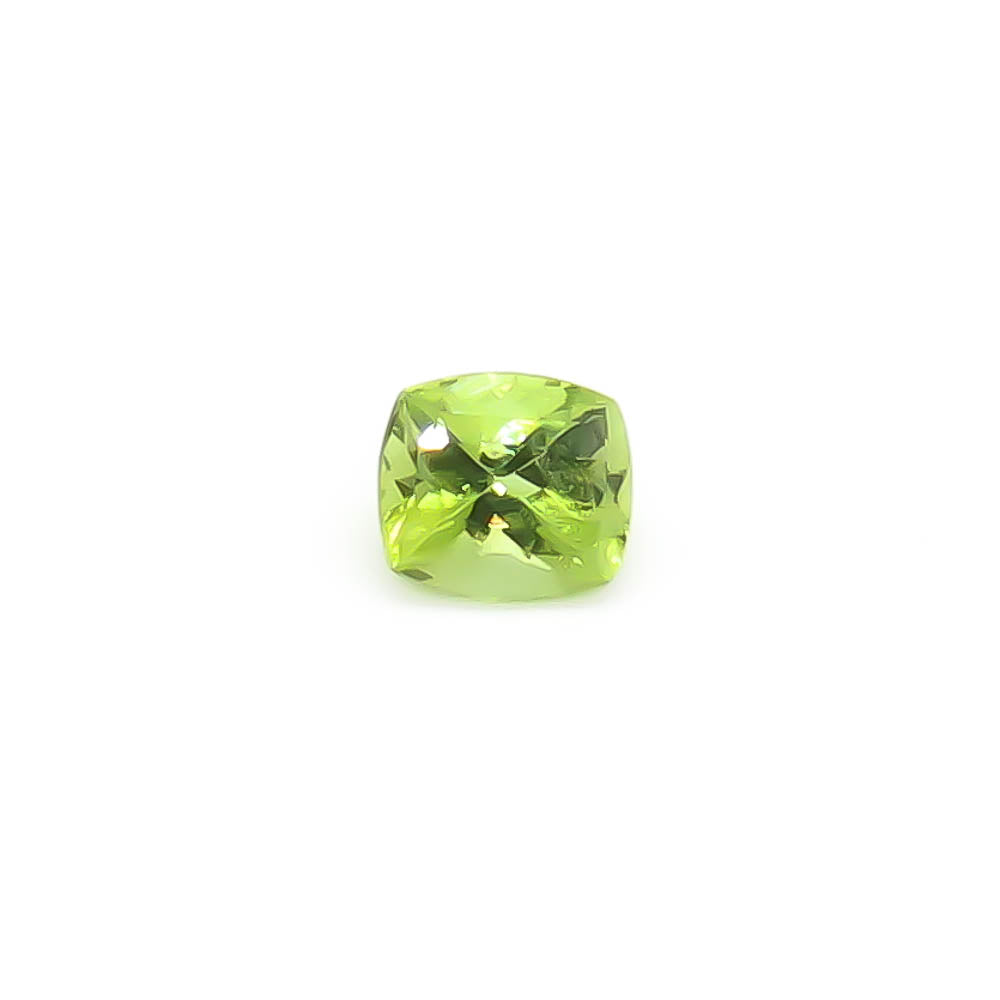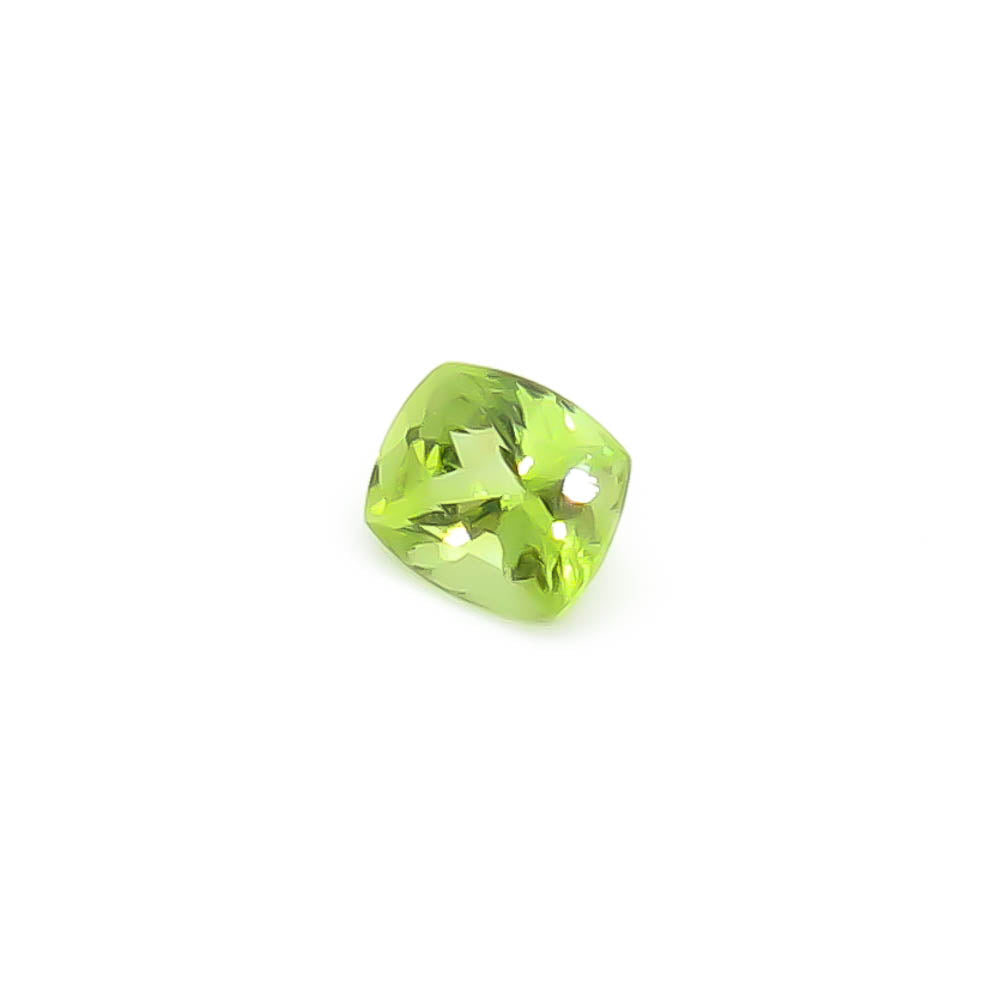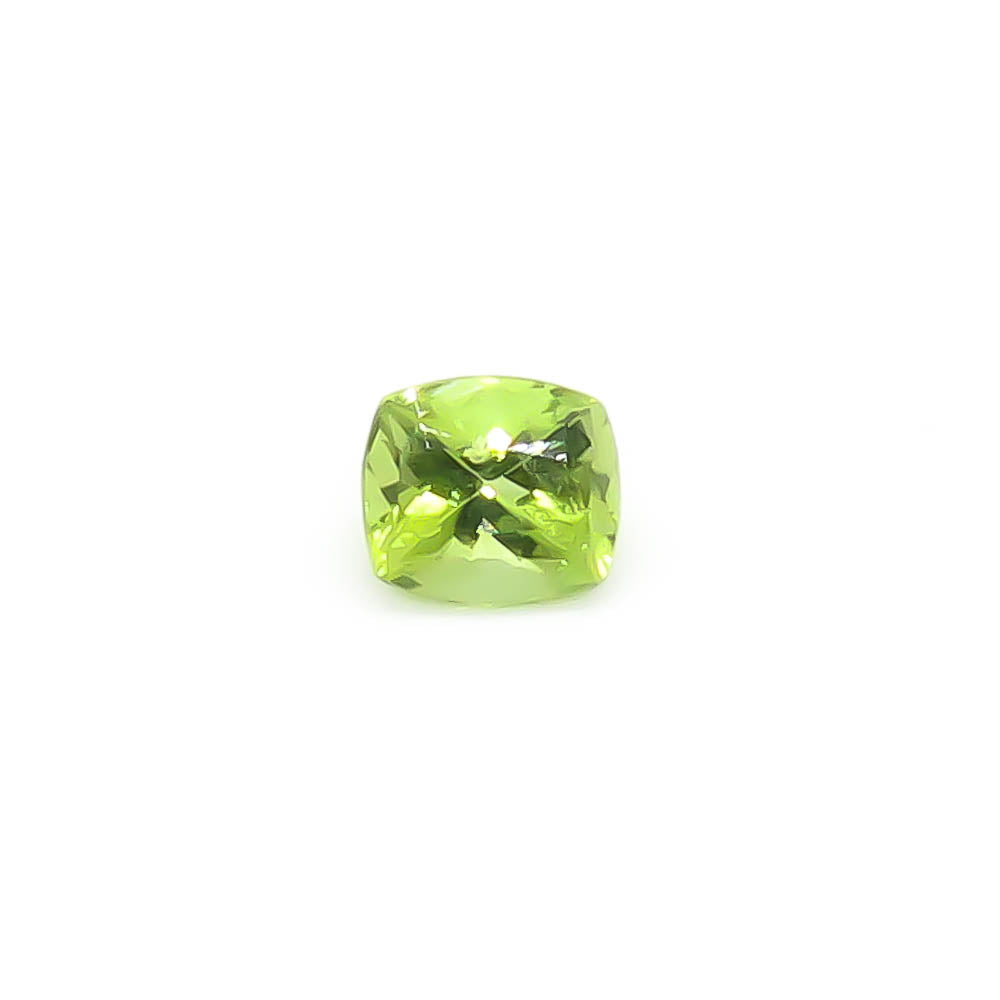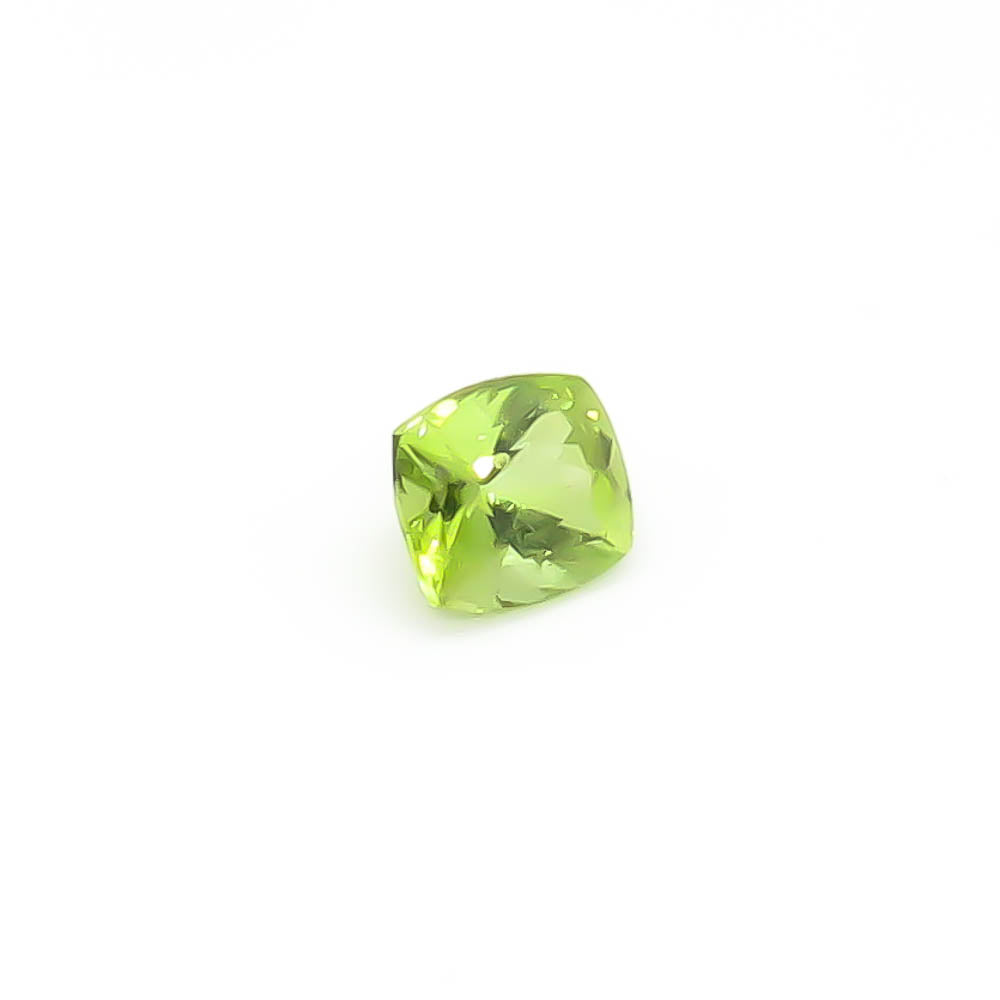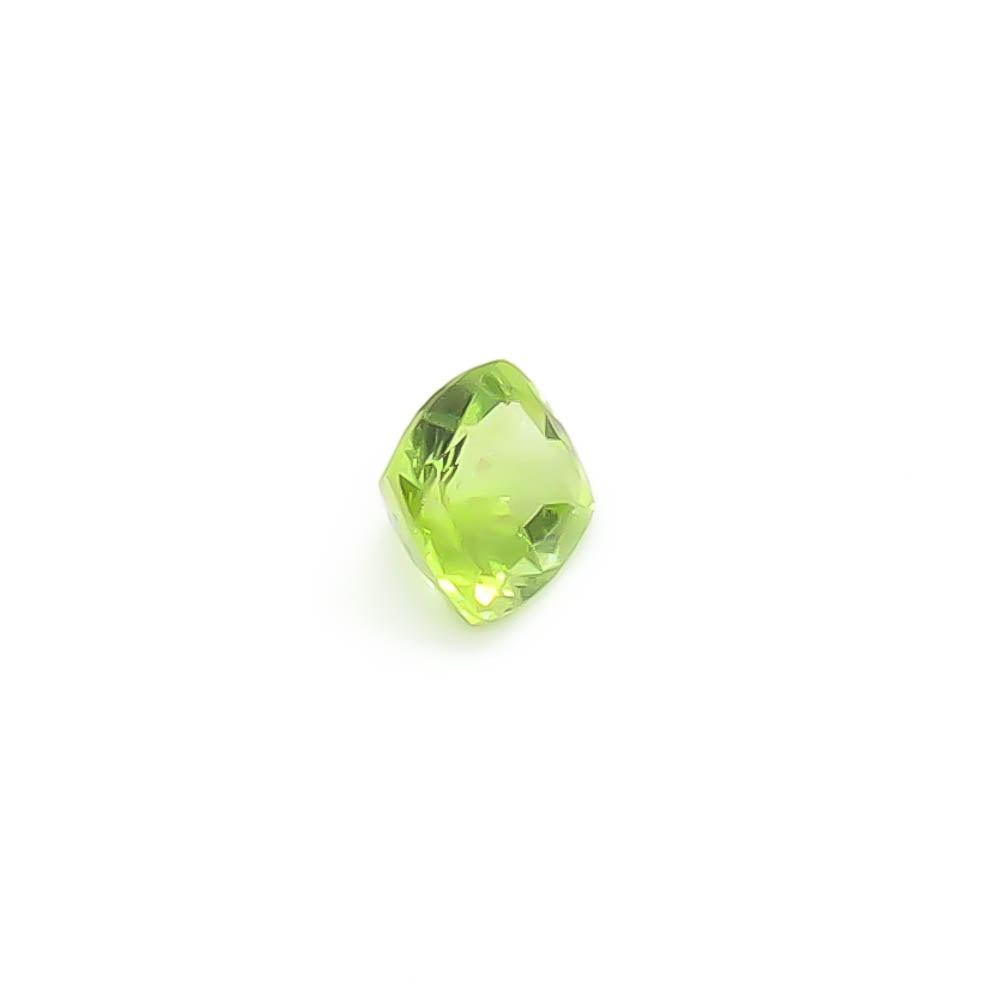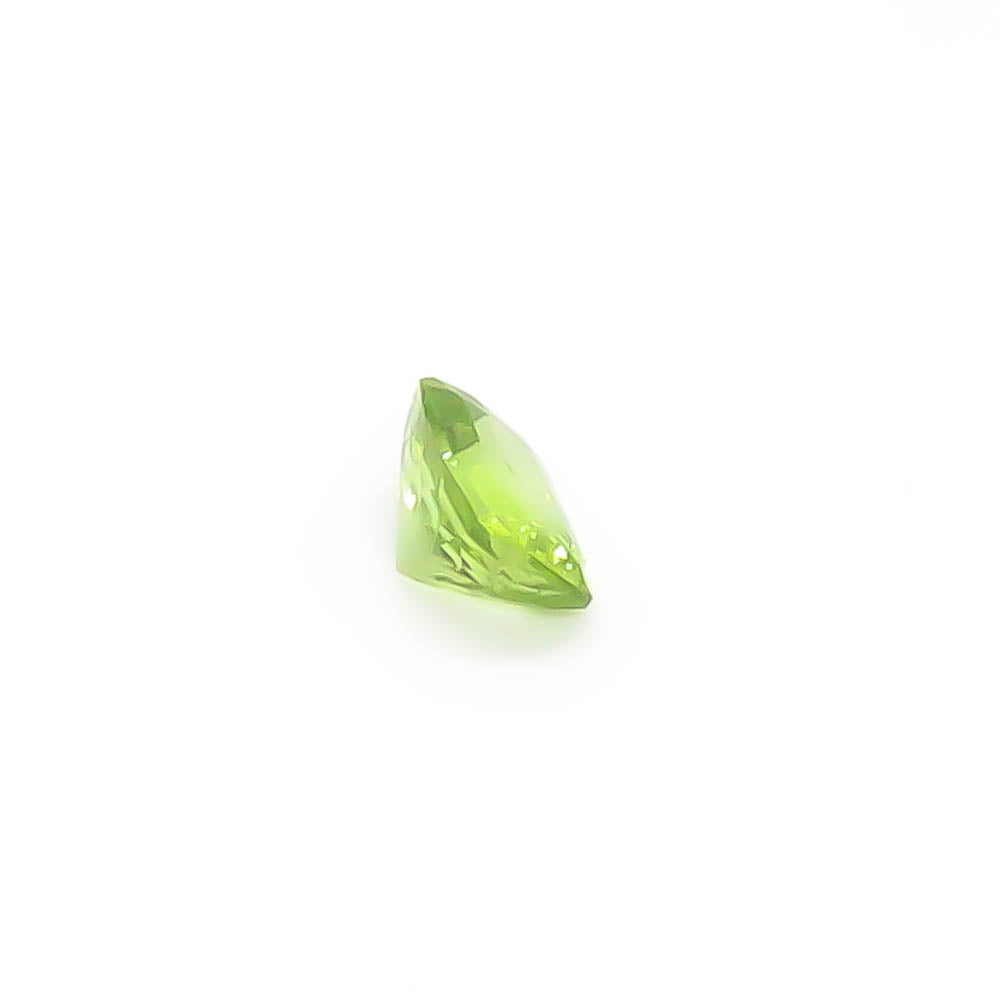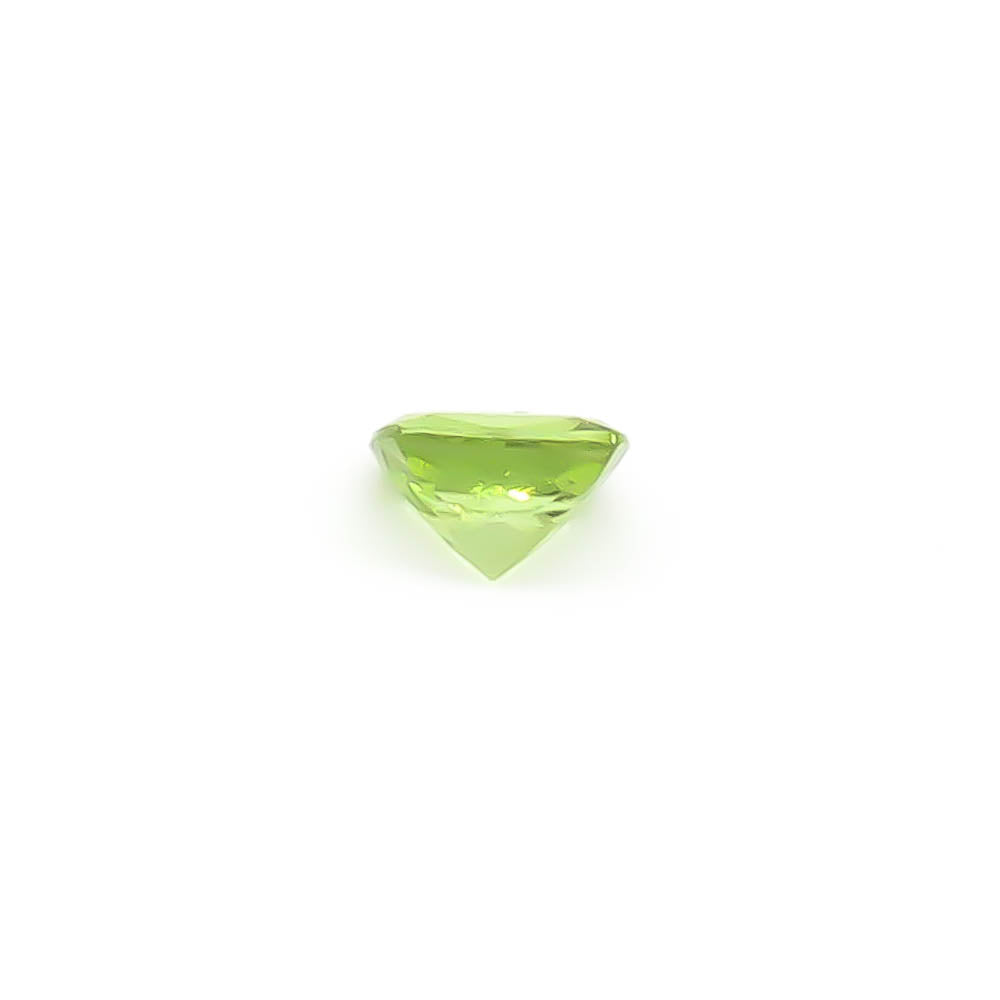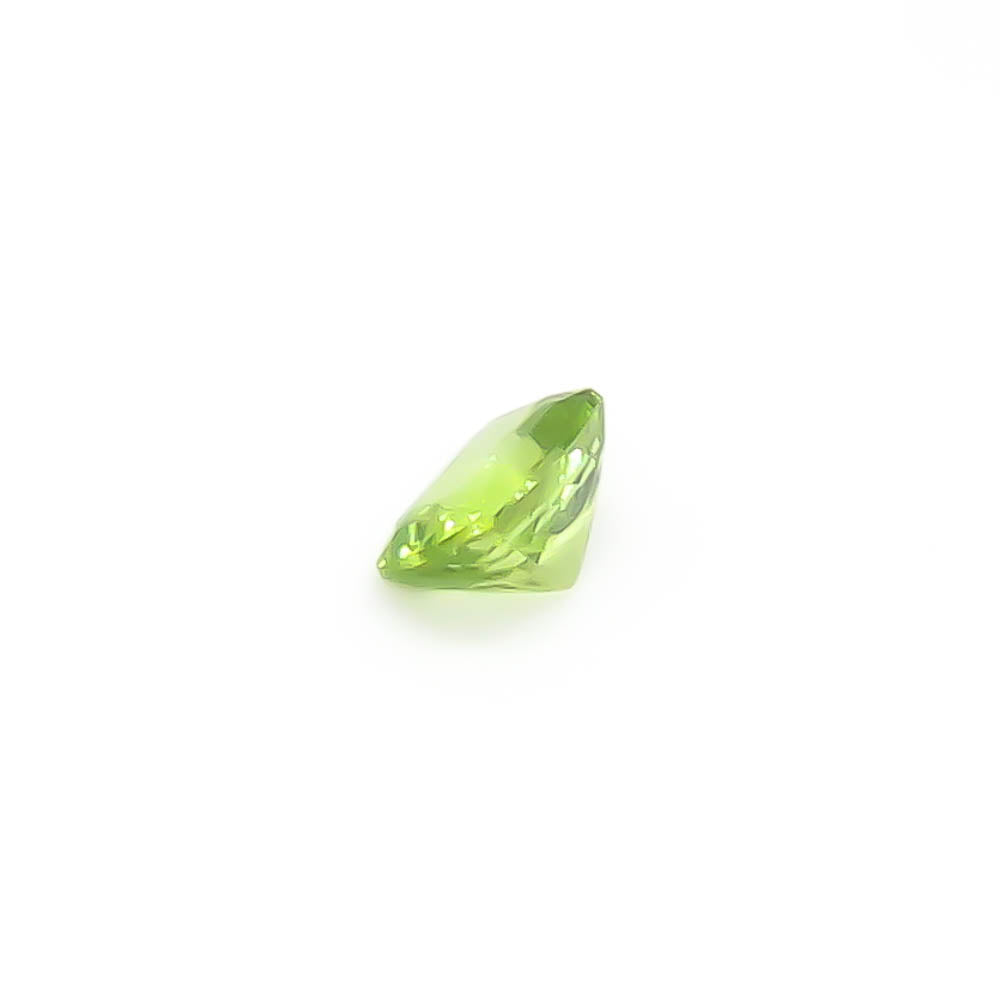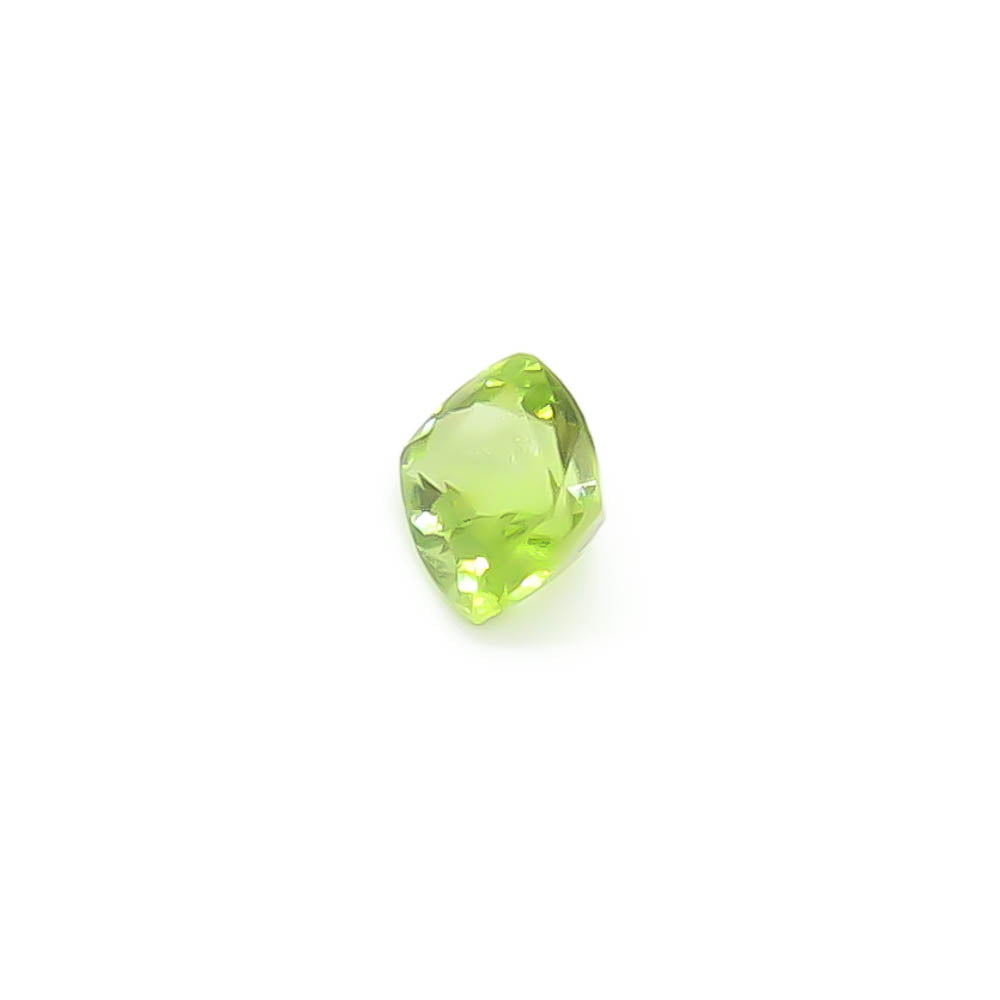Surita du Toit
0.705 ct Cushion Cut Pakistani Peridot
0.705 ct Cushion Cut Pakistani Peridot
Couldn't load pickup availability
Share
*Please note all loose gemstones are sold on behalf of a third-party wholesaler and pricing is therefore linked to the US$. Regular price updates are performed in order to accommodate fluctuations in the exchange rate and may be carried out without prior notice. Dispatch on loose gemstones will take place 2 working days after purchase to allow for shipping from the supplier to my studio. I do regular inventory updates with them to ensure accuracy, but since these stones are also offered for sale to other jewellery designers, it may happen that a particular stone is no longer available at the time of purchase. In such a case you will receive the opportunity to change your order or a full refund.
This 0.705 carat natural Pakistan Peridot has a bright yellow-green colour.
Peridot is the birthstone for August as well as the traditional stone for 16th wedding anniversaries.
Weight: 0.705 carat
Cut: Faceted cushion cut
Colour: Bright yellow-green
Clarity: Eye clean
Length: 5.6 mm
Width: 5.0 mm
Depth: 3.6 mm
Treatment: Unknown
Origin: Pakistan
Certificate: No – Can be certified at an extra charge.
About Peridot:
Species: Forsterite
Other Names: Chrysolite, Olivine
Deposits found in: Burma, Australia, Brazil, China, Kenya, Mexico, Pakistan, Tanzania, Norway, USA (Arizona), South Africa
Best quality: Mogok (Burma), Namya (Burma), Pakistan
Known colours: Bright green to yellow green, olive green or brownish
Mohs Hardness: 6.5 – 7
Peridot (pronounced peh-ri-doh) forms in the mantle of the planet and is carried to the surface during volcanic eruptions, therefore deposits are often found near volcanoes, extinct or active. Large stones of gem quality from these deposits are rare.
Peridot has been actively mined for over 3500 years. The most famous historical mine was located on St. John’s Island (Zabargad) near Egypt, but fell out of use for many centuries and was only rediscovered around 1900. The largest peridot ever cut weighs 319 carat and was found on this island. It is now kept at the Smithsonian Institute in Washington D.C., USA.
The extreme temperatures and pressure which occur during meteorite strikes can also produce this stone, though in that form it is generally referred to as olivine, and, except for a few cut gems from a strike in 1749 in Russia, is most commonly not of gem quality.
In Hawaii you can find the Mahana beach, which is one of three green beaches with sand that is rich in olivine.
The best quality peridot stones are produced by Burma (Myanmar), particularly the Mogok and Namya mines and Pakistan, which produce very clear stones with intense colour.
Please note: We take great care to ensure that the photographs are an accurate representation of the actual stone, but due to differences in screen quality and resolution, and the fact that the colour of a gemstone is dependent on the type of light it is viewed in, some variation is possible.
Stock Code: RM342073 A - 6
